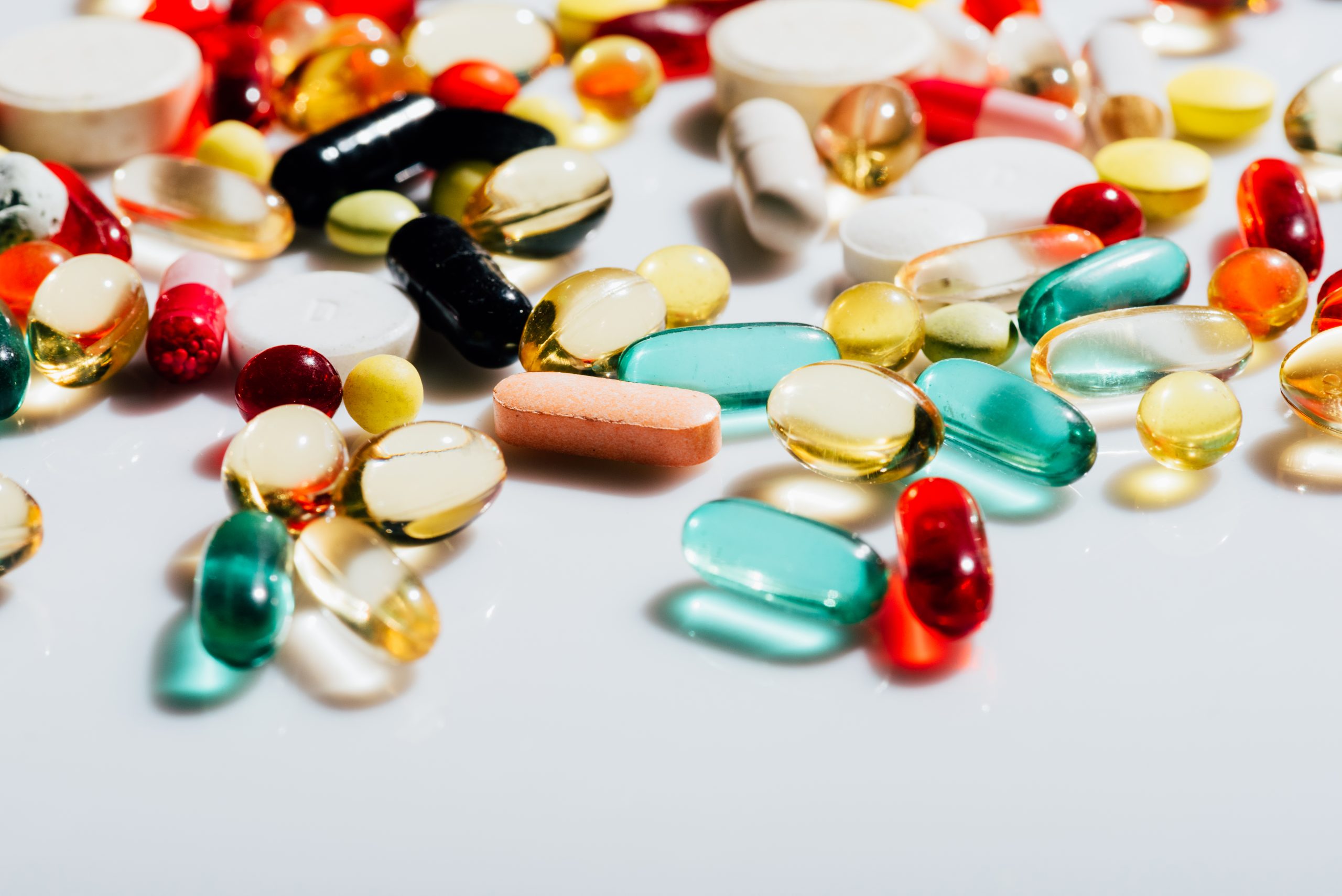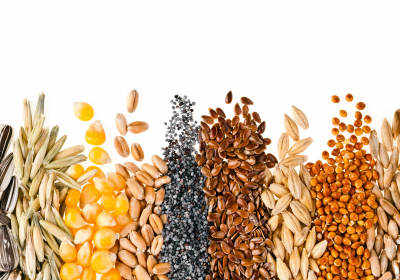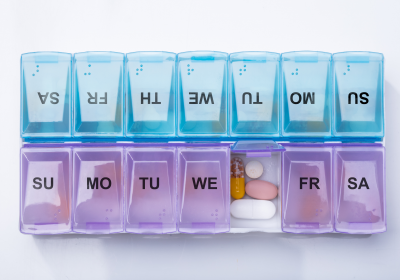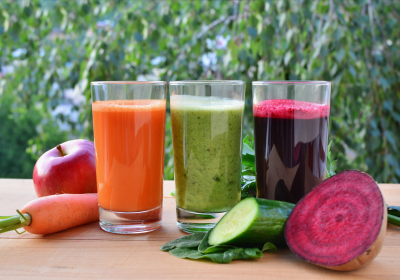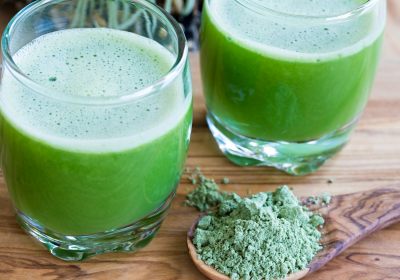Let’s talk about supplements.
Do you take any?
If you do, you’re part of the majority! In fact, recent studies show that over 76% of adult Americans take dietary supplements.
But today, at diet & health, we want to talk about how you can consume more vitamins in your food, rather than in pill-form.
While we see the need for supplements (life is busy and it’s difficult to consume all of the vitamins you need in natural, food-form) we could all get better at eating healthier, vitamin-rich meals. In fact, it’s easier than you may think to boost your vitamin intake with the food you consume.
Let’s review 7 essential vitamins that your body needs, as well as how you can begin achieving the recommended daily intake through a healthy diet!
Vitamin A
This vitamin plays an important role in cell development. It promotes healthy hair, skin, gums, nails, bones and teeth. You can get vitamin A in salmon, egg yolks, and fortified dairy products.
Vitamin D
This vitamin assists with calcium absorption, and builds and maintains strong bones and teeth. You can get vitamin D in egg yolks, fatty fish, butter, and moderate sun exposure (which we discuss the importance of, here!)
Vitamin K
This vitamin is needed for proper blood clotting. You can get vitamin K in spinach, broccoli, and green leafy vegetables.
Vitamin C
This vitamin supports immunity, serves as a key antioxidant, and promotes wound healing and iron absorption. You can get vitamin C in citrus fruits, juices, melons, berries, peppers, broccoli, and fermented vegetables.
Vitamin B12
This vitamin helps keep the body’s nerve and blood cells healthy and assists in the production of DNA. You can get vitamin B12 from all animal products – including meat and eggs.
Vitamin E
This vitamin is a powerful antioxidant that helps repair damaged cells. You can get vitamin E from vegetable oils, nuts, seeds, and green leafy vegetables.
Vitamin B1
This vitamin enables the body to use carbohydrates as energy and plays a key role in nerve, muscle, and heart function. You can get vitamin B1 from pork, legumes, eggs, seeds, yeast, and grains.
As you can see, adjusting what you consume might be enough to digest the majority of key vitamins that your body needs.
If you have dietary restrictions, supplements may still be the best option for you, but as a whole, we hope you can see that it’s easier than you may think to boost your vitamin intake with the food you consume.
Food is medicine – it’s time for healthier, vitamin-rich meals!

